STAT+: Gilead plans to halt free access to an HIV drug, worrying patient advocates
STAT
DECEMBER 19, 2024
Access to cheaper alternatives and low enrollment prompted the company to remove the medicine — along with the HIV medicines Emtriva, Tybost, and Complera — from its patent assistance program next month, according to an Oct. 8 letter that announced the move and that has not been widely reported.

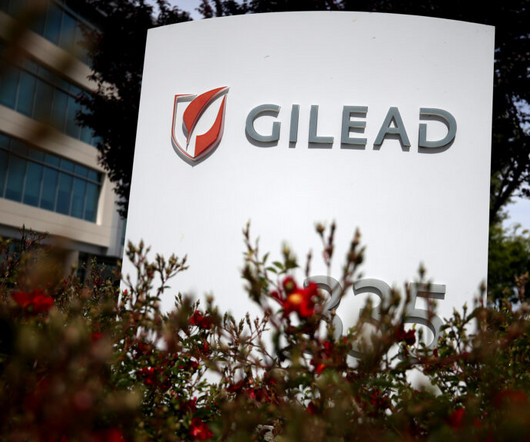
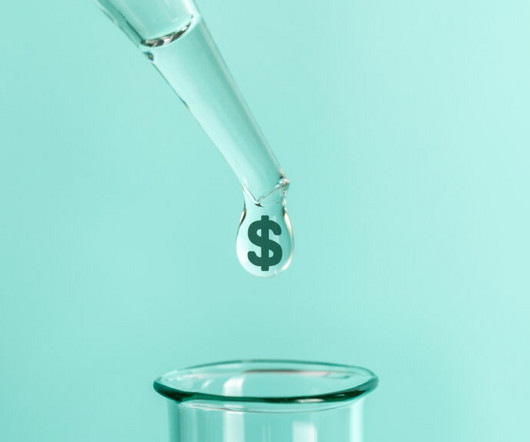


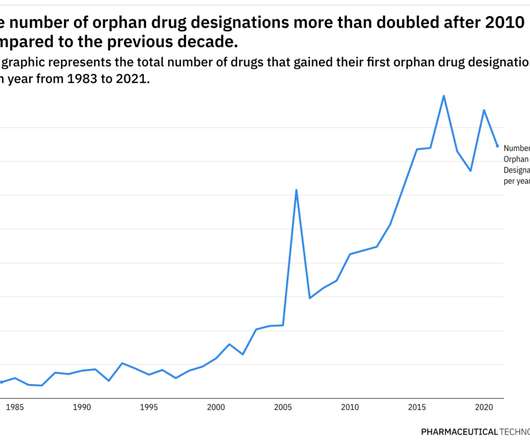





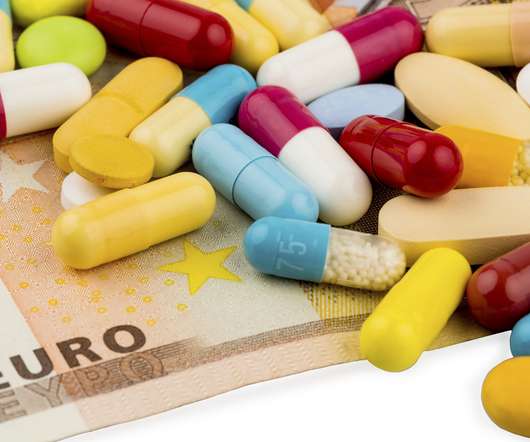


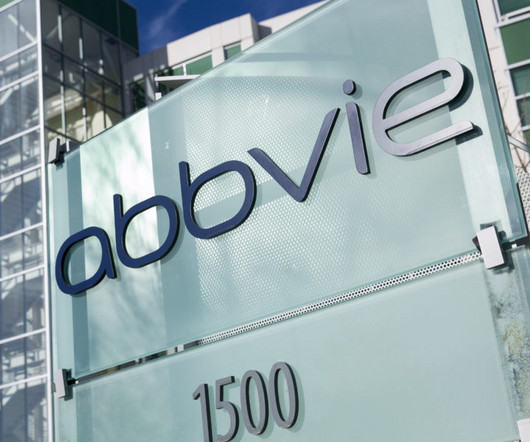
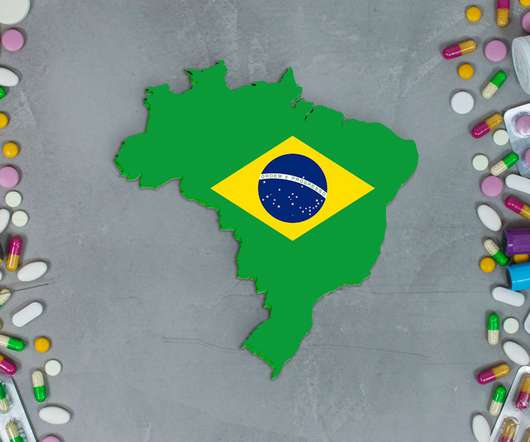







Let's personalize your content